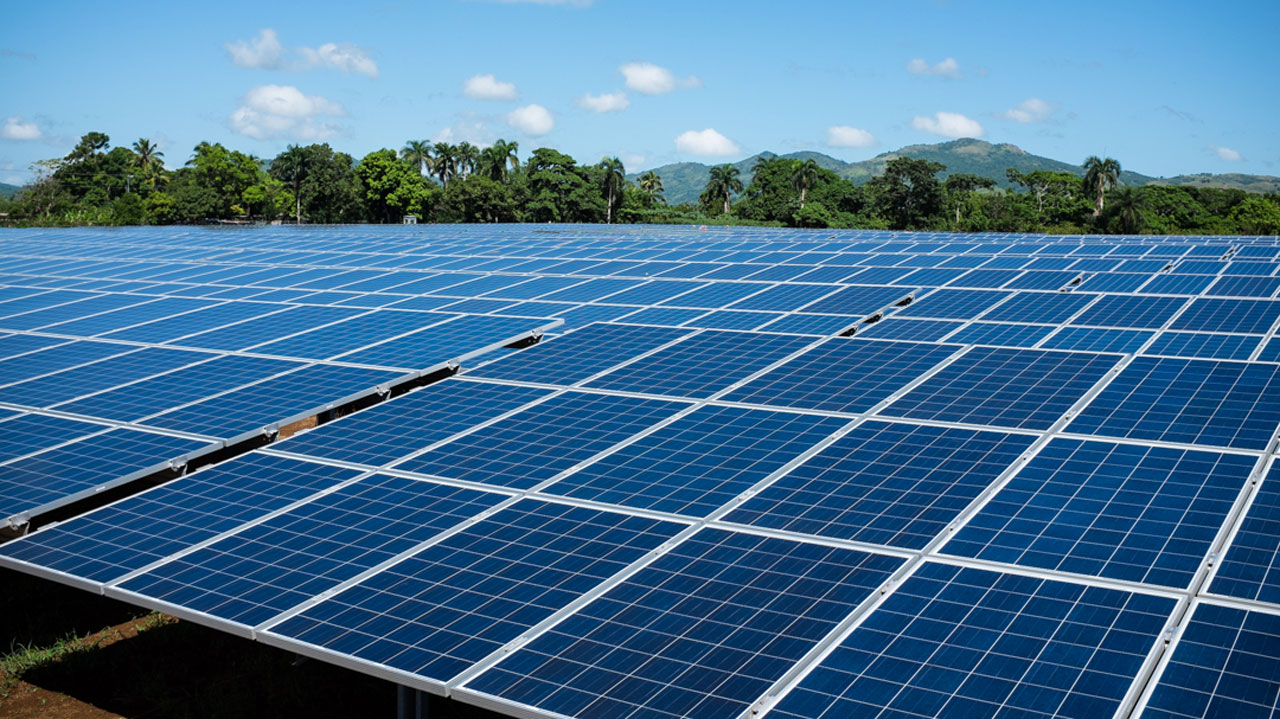
The International Energy Agency (IEA) has announced that an investment of $600 billion must be injected yearly into the development of energy grids worldwide to prevent gridlock, as highlighted in a recent report. This is coming at a time when Nigeria’s electricity grid is experiencing significant challenges, with frequent collapses impeding supply.
According to the IEA’s report, titled: “Electricity Grids and Secure Energy Transitions,” the world requires substantial changes to the grid to achieve net-zero targets. It emphasised that reaching these targets necessitates the addition or replacement of 80 million kilometers of power lines by 2040, a figure equivalent to the entire existing global grid.
The report indicates that to achieve countries’ national energy and climate goals, the world’s electricity needs must grow 20 per cent faster in the next decade than it did in the previous one. It also highlighted that global grid expansions and upgrades are not keeping pace with the rapid growth of clean energy technologies, such as solar, wind, electric cars, and heat pumps.
“Without greater policy attention and investment, shortfalls in the reach and quality of grid infrastructure could make the goal of limiting global warming to 1.5 °C unattainable and undermine energy security,” the agency stated.
The IEA reported that 3,000 gigawatts (GW) of renewable power projects, including 1,500 GW in advanced stages of development, are currently waiting in grid connection queues. This figure is equivalent to five times the amount of solar PV and wind capacity added in 2022.
Executive Director of the IEA, Fatih Birol, said: “The recent clean energy progress we have seen in many countries is unprecedented and cause for optimism, but it could be jeopardised if governments and businesses do not come together to ensure the world’s electricity grids are ready for the new global energy economy that is rapidly emerging.”
IEA says world needs $600b yearly for national grid devt






